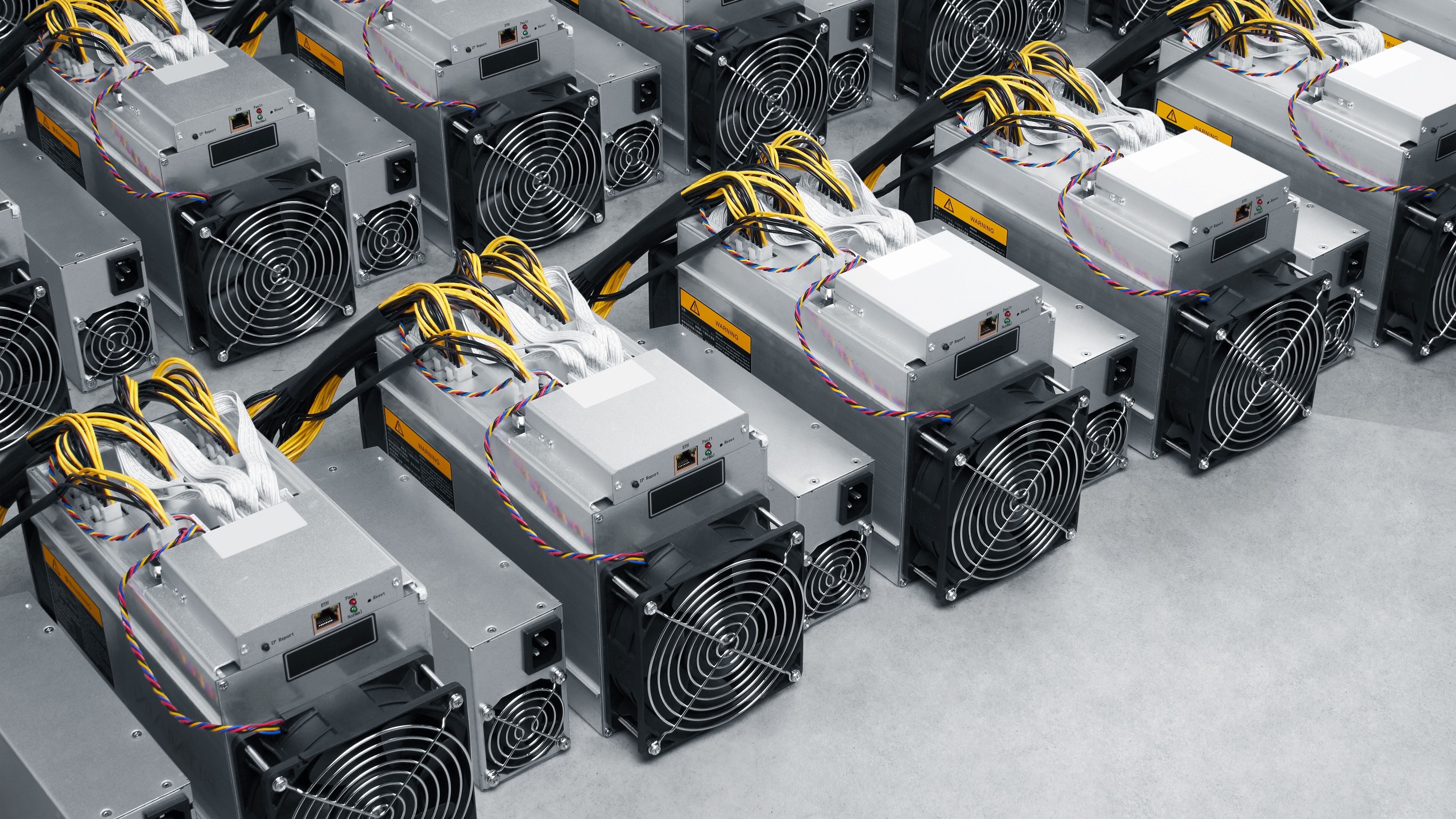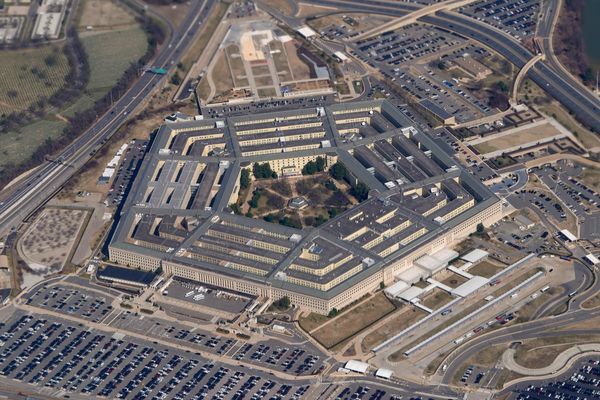
Luxor Technology, a Bitcoin mining software and services company building machines in Thailand, is in a quandary: It needs to ship 5,600 units before the tariffs hit.
Lauren Lin, Head of Technology at Luxor, told Bloomberg that they’re considering chartering a flight to get the machines into the U.S., especially as it has less than 48 hours before the 10% levies apply to all imports arriving in the States. Aside from that, Thailand also expects to get higher duties starting April 9, with exporters from that country expecting to get charged 36%.
Many Bitcoin mining hardware companies have been based in China. Still, they’ve spread out to other countries like Indonesia, Malaysia, and Thailand since the U.S. applied tariffs, bans, and sanctions on the East Asian giant in 2018. However, the White House’s expansion of trade taxes to all countries with a trade imbalance with the United States means that these companies must set up shop within its borders to avoid these fees.
A few companies have already started moving to transfer some manufacturing within the U.S. Bitmain Technologies Ltd., the biggest Bitcoin mining hardware maker, said on X that it will launch a local production line “to provide faster response times and more efficient services to the North American customers.”
Bitcoin Machine Manufacturers Race Against The Clock To Ship Out Orders
Another Chinese competitor, MicroBT, was said to have previously struck a deal to use U.S.-based Riot Blockchain’s manufacturing capabilities. Luxor is also reported to have made a $131-million deal with the company for WhatsMiner machines, which will be assembled on U.S. soil.
However, even if these companies move their assembly and manufacturing lines within the 50 states, these tariffs will still affect them. That’s because these taxes will also apply to raw materials like aluminum. This means that electronic component manufacturers, including PC case and GPU makers, are affected, too, and will likely have to increase their prices to cope.
Some companies, like Puget Systems, say they might be able to absorb these additional costs for the moment, but they will inevitably have to raise their prices—either to pay the government fees or to offset the costs of moving production into the U.S.







